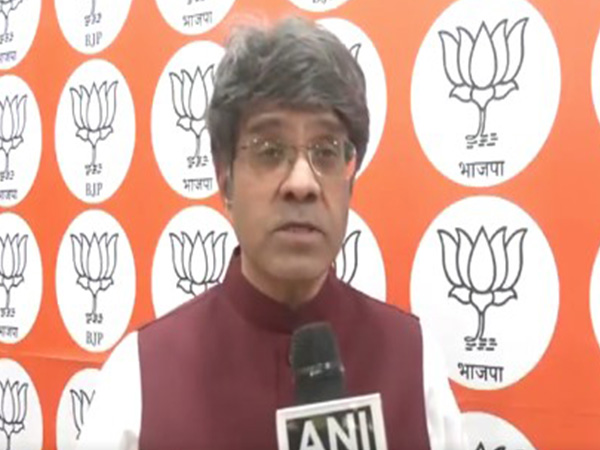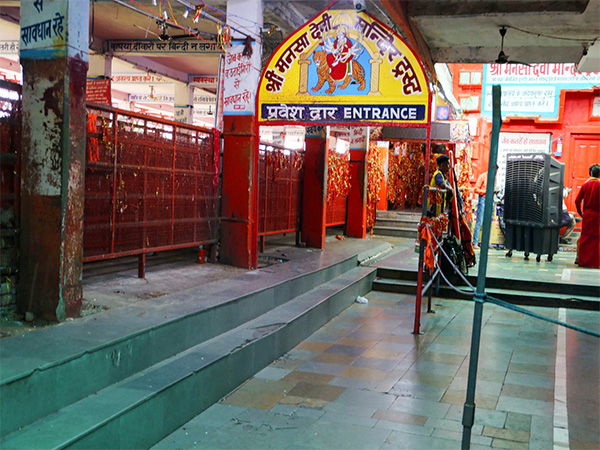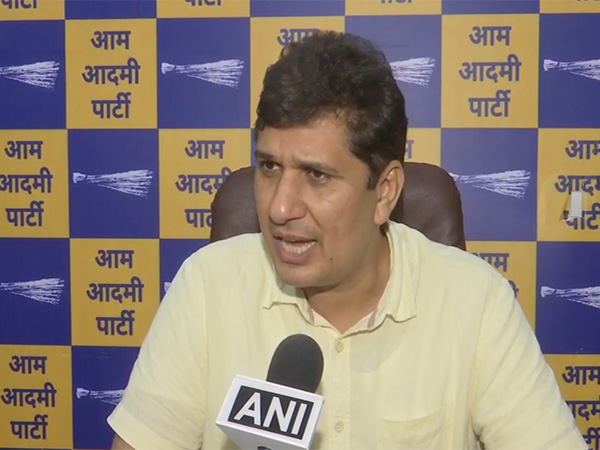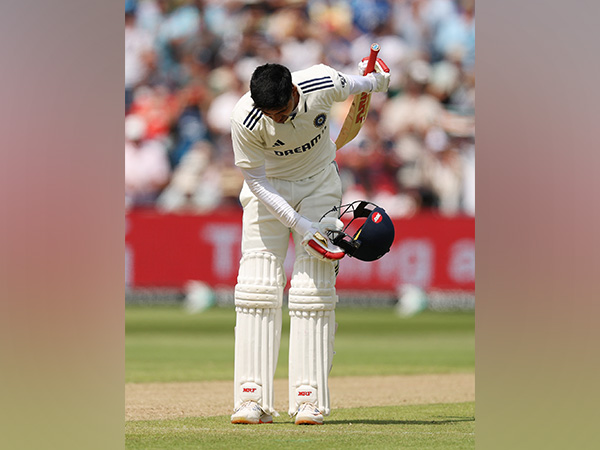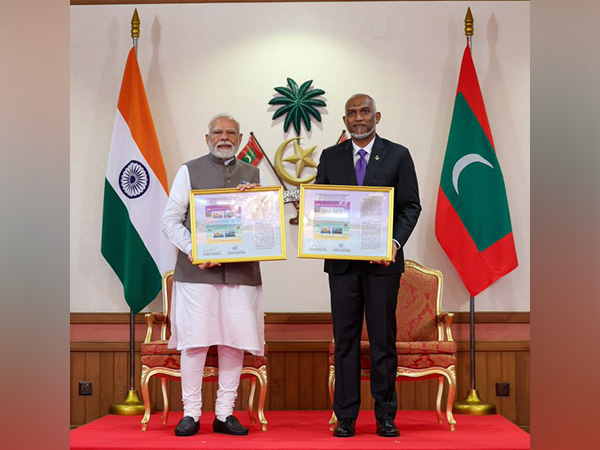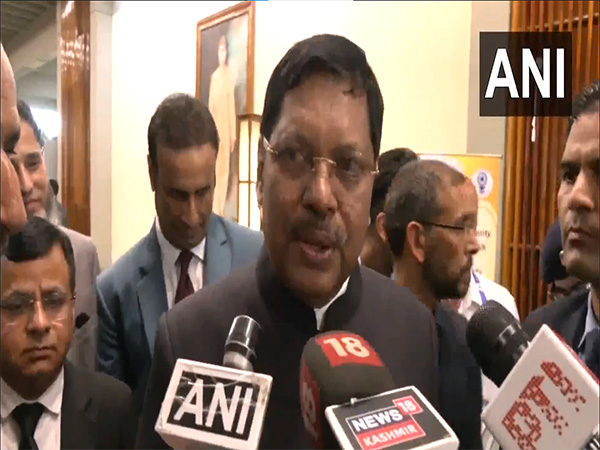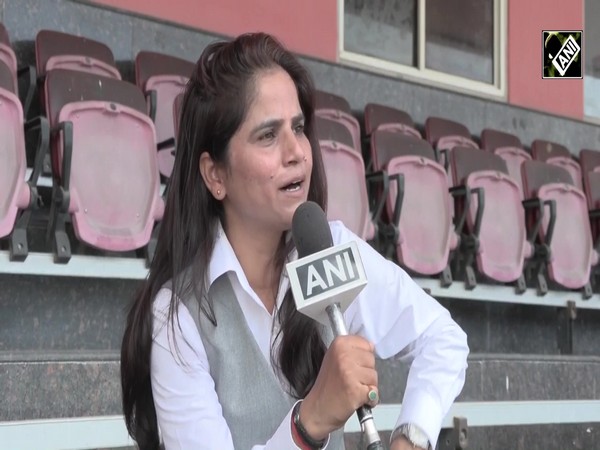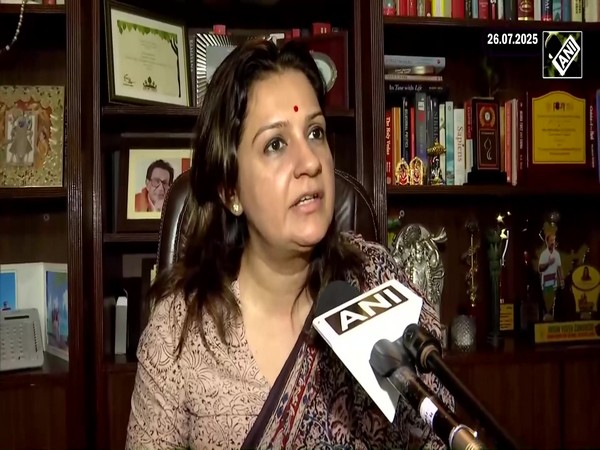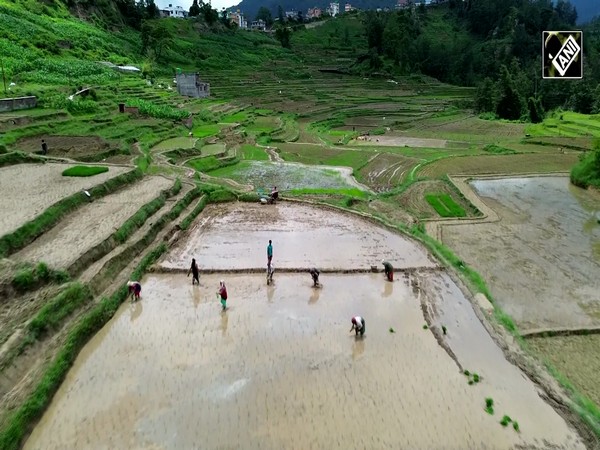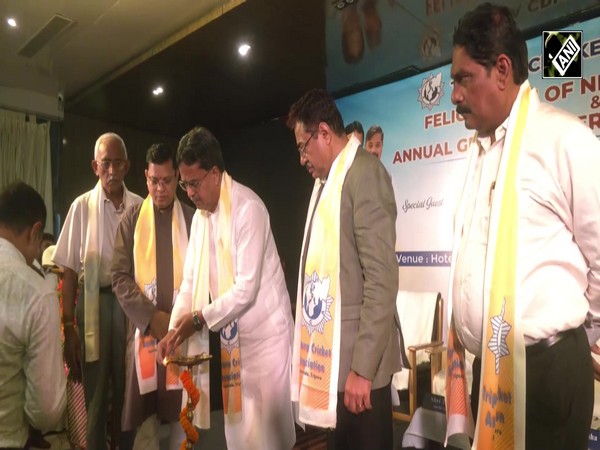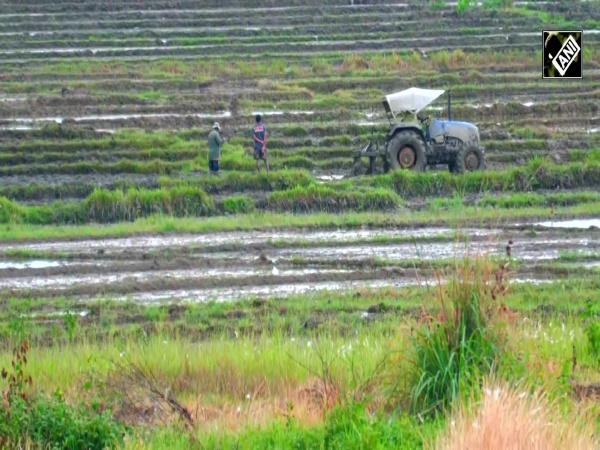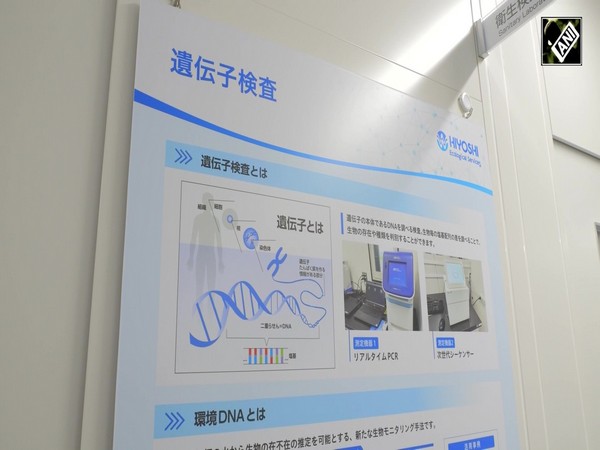India to celebrate 13th National Girl Child Day tomorrow to promote female empowerment
Jan 23, 2021

By Aiman Khan
New Delhi [India], January 23 : To increase the consciousness of people towards female foeticide and to provide new opportunities to the girl child in society, the Ministry of Women and Child Development will celebrate the 13th National Girl Child Day on January 24.
On this occasion, the government of India will organise awareness campaigns under Beti Bachao, Beti Padhao (BBBP) scheme.
The government of India had launched the BBBP scheme on January 22, 2015, to address major issues related to female empowerment in the country.
BBBP scheme is a tri-ministerial effort of Ministries of Women and Child Development, Health and Family Welfare and Human Resource Development, and addresses the declining child sex ratio (CSR) and other related issues of women empowerment over a life-cycle continuum.
During the last six years since its inception, the BBBP scheme has been aiming to change the mindset of the public to acknowledge the rights of the girl child.
The scheme has resulted in increased awareness and sensitization of the masses regarding the prevalence of gender bias and the role of the community in eradicating it.
It has also raised concerns around the issue of the declining child sex ratio in India.
As per the Ministry of Health, the sex ratio at birth is showing promising trends of improvement and has improved by 16 points from 918 (2014-15) to 934 (2019-20).
"Health percentage of first trimester Antenatal Care (ANC) has shown an improving trend from 61 per cent in 2014-15 to 71 per cent in 2019-20," the Health Ministry said.
According to Unified District Information System for Education (UDISE) data, the education gross enrolment ratio of girls in the schools at the secondary level has also improved from 77.45 per cent (2014-15) to 81.32 per cent (2018-19-provisional figures).
UDISE also states that the percentage of schools with functional separate toilets for girls has shown improvement from 92.1 per cent in 2014-15 to 95.1 per cent in 2018-19 (2018-19 provisional figure)
The BBBP scheme has been able to bring the focus on important issues of female infanticide, lack of education amongst girls and deprivation of their rights on a life cycle continuum. The scheme has successfully engaged with the community to defy the age-old biases against the girl child and introduce innovative practices to celebrate the girl child.

